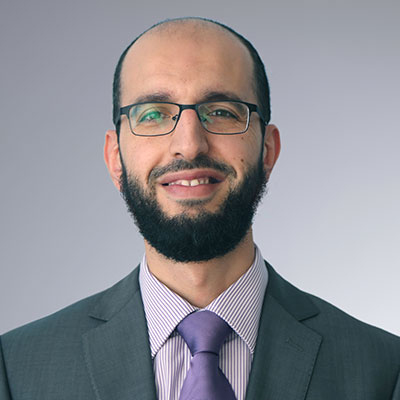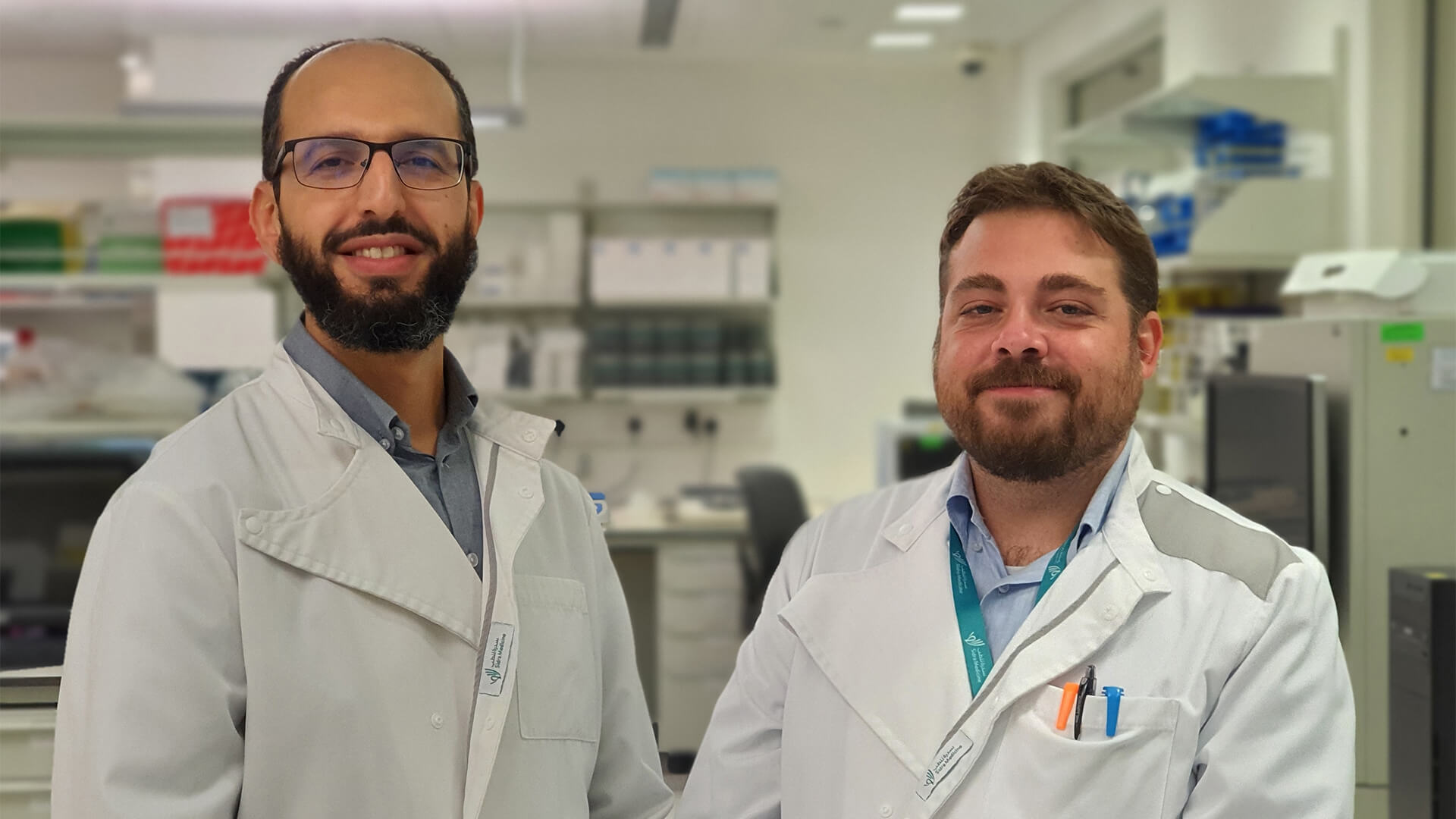Researchers at Sidra Medicine recently co-led a study published in Lancet Oncology, describing the differential genetic risk to various cancer types amongst the distinct genetic subgroups of Arab populations, based on more than 6,000 subjects. The study builds on a previous Sidra Medicine-led study that is key to revealing the main genetic ancestries of Arab populations.
Using state-of-the-art bioinformatics and statistical genetics methods, the team analyzed the genomes of 6,142 Qataris provided by Qatar Genome Phase One. This involved the application of polygenic risk scores (PRS) optimized from The Cancer Genome Atlas (TCGA) to assess risk for the most common cancers in the country (breast, prostate and colorectal cancers). In addition, rare genetic variants in 1,218 known cancer-related genes were assessed for pathogenicity and actionability amongst the various genetic subpopulations of Qatar.

Dr. Davide Bedognetti, acting Executive Director of Translational Medicine and Director of Cancer Program at Sidra Medicine, who co-designed the study and supervised the analysis, said, "This is the first study of its kind in the region. As part of previous work in the TCGA consortium, we established a link between germline and various cancer phenotypes. This study shows that germline cancer risk is real and different in various Arab ancestries. For example, it is lowest for colorectal cancer in Peninsular Arabs and highest amongst Arabs of African origin. At Sidra Medicine, we are implementing a cancer program for genetic testing, and these results will help drive that forward".

Dr. Younes Mokrab, co-First author and head of the Medical and Population Genomics Laboratory at Sidra Medicine, said, "We did a thorough investigation of rare functionally-damaging genetic variants and identified more than 70 subjects carrying ones that are potentially disease-causing. After previously publishing the genetic architecture of Arab populations, the logical next step was to look for founder effect mutations that may be relevant to cancer. We indeed found breast cancer variants were over-represented by Arabs with a West Eurasian/Persian origin and completely absent in Peninsular Arab Qataris. Conversely, Lynch Syndrome variants were over-represented in Peninsular Arabs."

The study involved Sidra Medicine, Weill Cornell Medicine-Qatar, and Qatar Computing Research Institute (QCRI). Dr. Khalid Fakhro, Chief Research Officer at Sidra Medicine, noted, "This remarkable national effort facilitates our understanding of the genetic basis of cancer and places Sidra Medicine at the forefront of delivering precision medicine in the region."
The study was designed as a benchmark for providing genomic medicine solutions in Middle Eastern and Arab cancer patients. It is expected to support efforts in Qatar and the region to increase the effectiveness of preclinical screening and tailored therapy in largely under-studied Arab populations.
This work was funded in part by Sidra Medicine, Qatar Genome Program, and Qatar National Research Fund.


